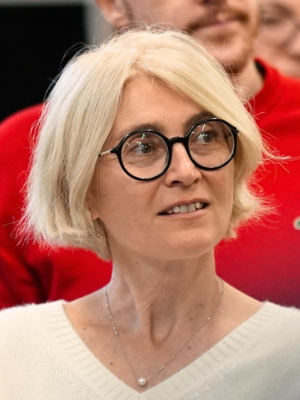Majors
The Social Justice and Sustainability major prepares students to understand, analyze, and address some of the most pressing issues of our time. Blending theory with practice, the program offers interdisciplinary and experiential learning opportunities—ranging from case studies and policy analysis to fieldwork, service, internships, and academic travel.
Students gain valuable skills in areas such as conflict resolution, advocacy, policy design and implementation, sustainability assessment, and communication. The program emphasizes real-world applications, helping students connect classroom learning to meaningful action.
Graduates are well-prepared for diverse career paths in the public and private sectors, including roles in international agencies, advocacy groups, community organizations, development and aid organizations, governmental institutions, think tanks, and consulting firms. Possible career directions include crisis mediation, policy analysis, conflict resolution, journalism, media production, organizing, and lobbying.
This major also offers a strong foundation for graduate studies in fields such as the social sciences, humanities, economics, environmental studies, and law, as well as further study related to social, political, and economic equality.








